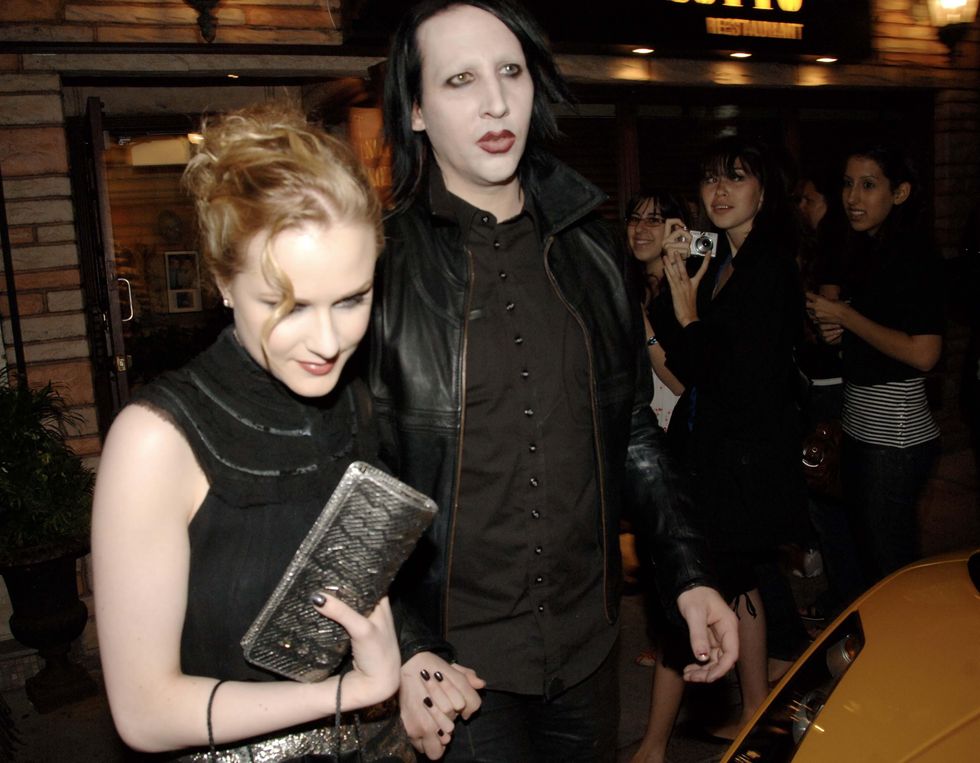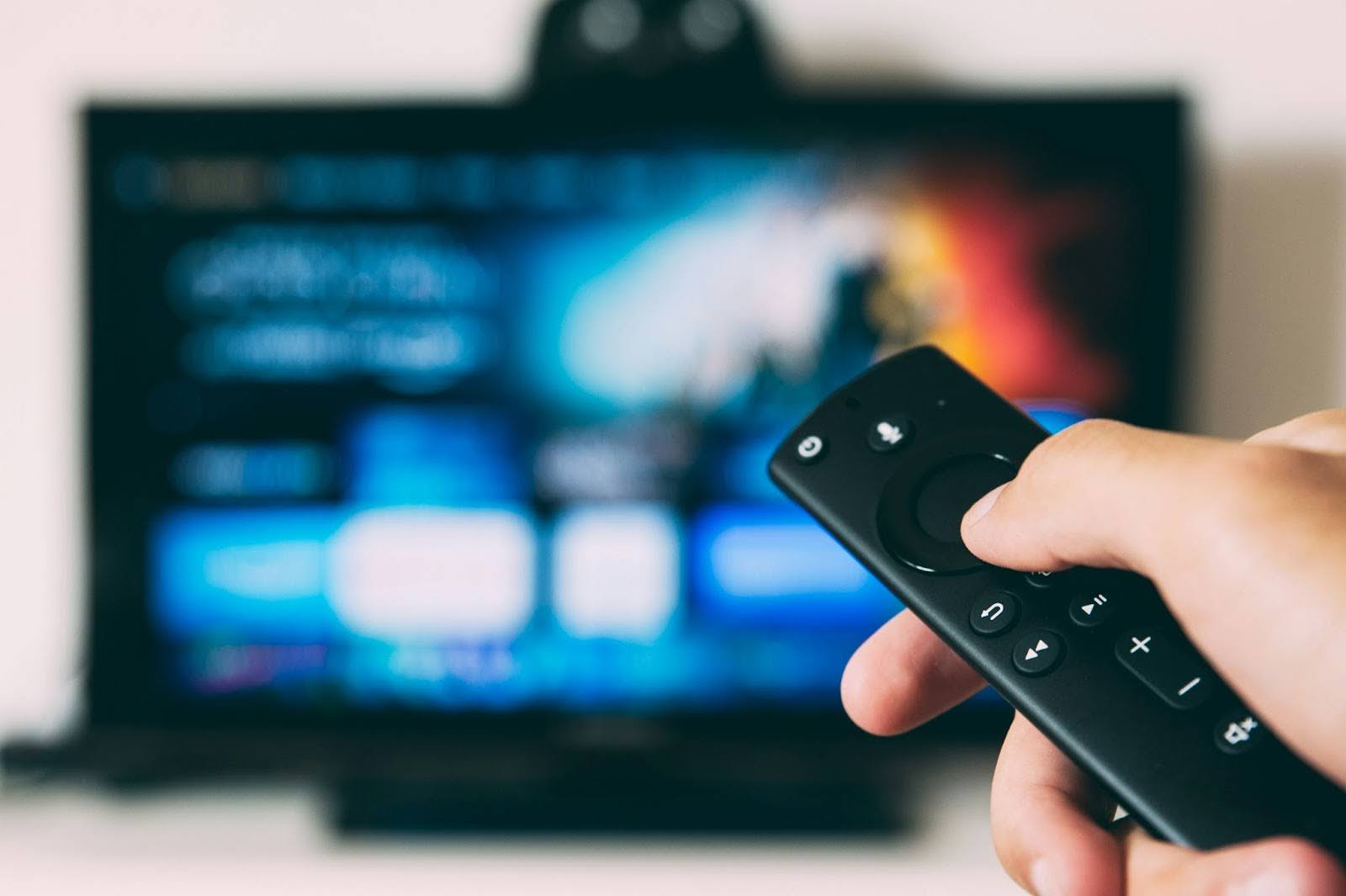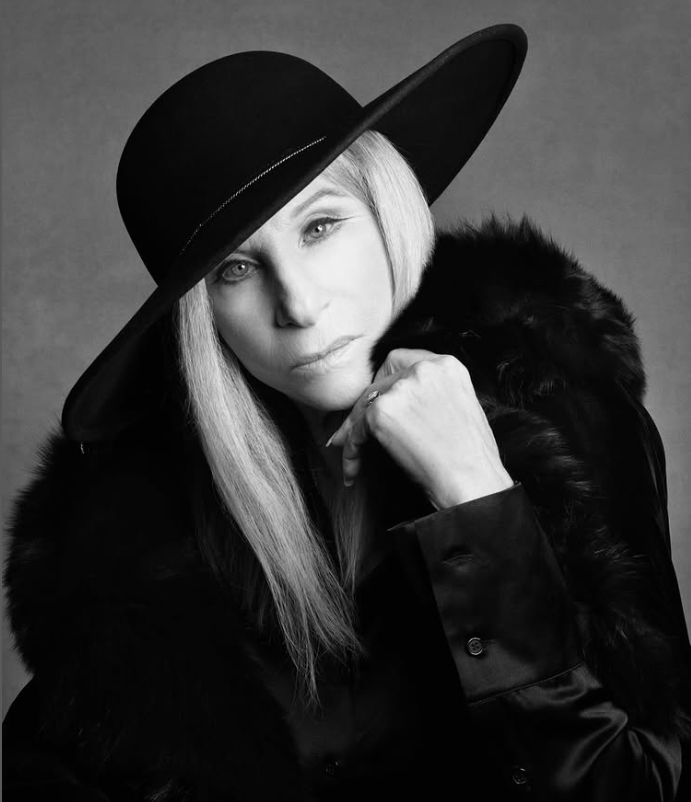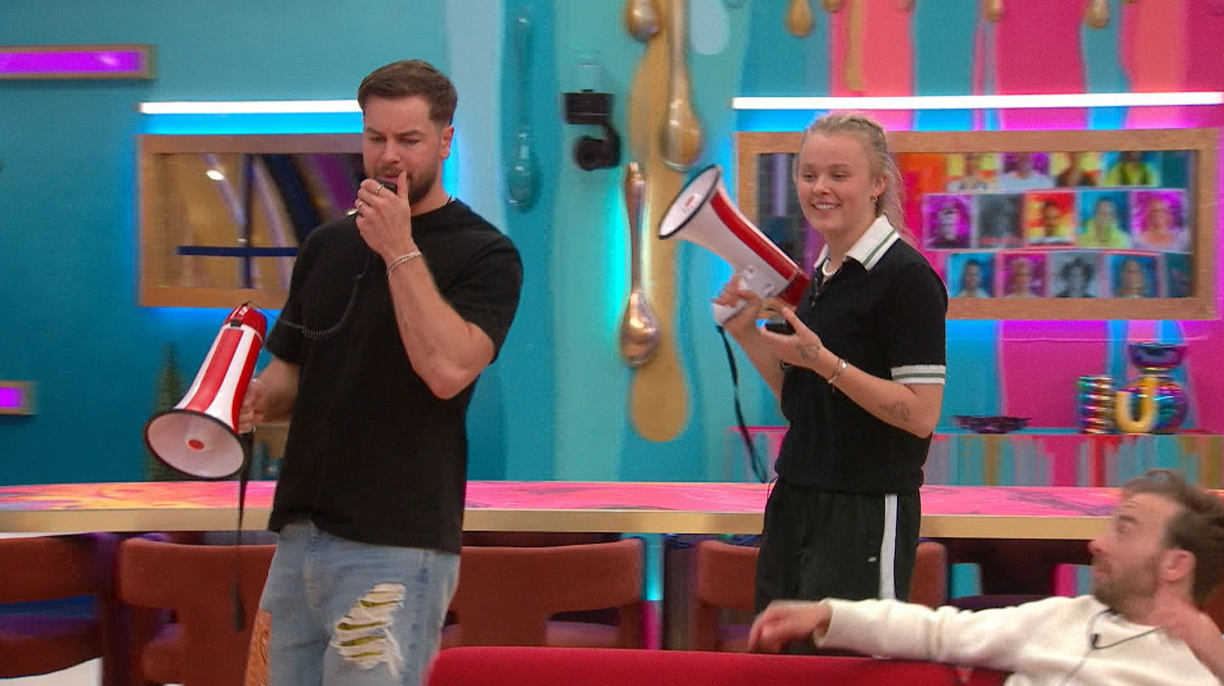
Evan Rachel Wood
Matt Sayles/AP/Shutterstock
Warning: This article contains graphic descriptions of abuse and mentions of self-harm and suicide.
Marilyn Manson’s abusive behavior — specifically, his abusive relationship with Evan Rachel Wood — was a kind of open secret for decades.
Now, Evan Rachel Wood has finally publicly confirmed that she suffered horrific abuse for years at the hands of ex-fiancé Marilyn Manson.
Manson’s shock-rock persona has always been designed to surprise and scare the public, but it’s clear that his music was an expression of darker personal impulses that he used to harm, torture, and permanently scar other people.
“The name of my abuser is Brian Warner, also known to the world as Marilyn Manson,” Wood wrote in a statement, which was posted on Instagram and released to Vanity Fair on February 1. “He started grooming me when I was a teenager and horrifically abused me for years. I was brainwashed and manipulated into submission. I am done living in fear of retaliation, slander, or blackmail. I am here to expose this dangerous man and call out the many individuals that have enabled him, before he ruins any more lives. I stand with the many victims who will no longer be silent.”
A Toxic Relationship from the Start
Evan Rachel Wood and Brian Warner, AKA Marilyn Manson, began dating in 2007, when Manson was still married to Dita Von Teese — who later told People Magazine that her and Manson’s married life had become unbearable. “It was difficult, because I was trying to get him help for his problems, and eventually I realized that he didn’t want help,” Von Teese said. “The truth is I wasn’t supportive of his lifestyle, and someone else came along who was.”
That “supportive person” was 18-year-old Evan Rachel Wood. The couple met at Chateau Marmot in 2006, when Manson was 37. That year, Wood played a Lolita-like figure in Manson’s video for “Heart Shaped Glasses.”
For Wood, it sounds like the relationship was part of a normal rebellion teenage effort to find herself. “I met somebody that promised freedom and expression and no judgments,” she explained in 2016. “And I was craving danger and excitement.”
But clearly a drug-addled 38-year-old Manson took advantage of Wood’s youth. As we now know, the full details of what actually happened wouldn’t surface for a decade.
The couple dated on and off for four years, becoming engaged in 2010 before splitting up. Even then, the warning signs were already loud and clear. In 2009, Manson told Spin Magazine of Wood, “I have fantasies every day about smashing her skull in with a sledgehammer.”
That same year, Manson also confessed to having an emotionally abusive reaction to one of their breakups: “Every time I called her that day — I called 158 times—I took a razor blade and I cut myself on my face or on my hands,” he told the press that year. I wanted to show her the pain she put me through. It was like, ‘I want you to physically see what you’ve done.'”
Afterwards, they stayed clear of each other in interviews, with Manson often hanging up on interviewers who asked questions about Wood, while Wood had only positive or neutral things to say about the relationship.
Evan Rachel Wood Tells Her Story
In 2018, Wood gave a shocking testimony to a House Judiciary Subcommittee where she detailed a horrifically abusive relationship with an unidentified man whom she dated as a teenager.
Watch: Actress Evan Rachel Wood Testifies About Being Sexually Assaultedwww.youtube.com
The testimony is thorough and devastating. It opens with Wood’s description of her own fears about telling her story.
“We as women must always alter how we say things, to be heard, because we are mostly seen in just a few ways: pure, or un-pure, property, weak, and, the most hurtful one of all, crazy; too irrational to be able to give a coherent objective thought about how we perceive the world,” she began before launching into a description of how the #MeToo movement both inspired and paralyzed her.
“I thought I was the only human who experienced this. I carried so much guilt and confusion about my response to the abuse,” she said. She went on to describe her research on a phenomenon called “Tonic Immobility” — a trauma response that animals use which is often referred to as “playing dead.”
The abuse and helplessness women feel after abuse, Wood said, lead many women to “play dead” — to freeze and refuse to fight. This, she said, was why it had taken her so long to come forward. But in her testimony, Wood finally dove into the horrifying story of what happened to her.
Her experiences included “toxic mental, physical, and sexual abuse, which started slow, but escalated over time, including threats against my life, severe gaslighting and brainwashing,” and being “mentally and physically tortured until my abuser felt I had proven my love for them.'”
The abuse was horrifying enough to leave permanent scars. ” [W]hile I was tied up and being beaten and told unspeakable things, I truly felt like I could die. Not just because my abuser said to me, ‘I could kill you right now,’ but because in that moment I felt like I left my body and I was too afraid to run. He would find me,” she said.
After describing the violence, Wood also described the long-term PTSD and other struggles she experienced in the aftermath of her relationship, which led to hallucinations, night terrors, difficulty maintaining relationships, and two suicide attempts, among much more.
She gave similar videotaped testimony to the California Senate Public Safety Committee in 2019, detailing graphic and prolonged abuse at the hands of an unnamed partner. She went into even more detail about the abuse. These statements are difficult to read and describe the behavior of an irredeemable predator.
“He had bouts of extreme jealousy, which would often result in him wrecking our home, cornering me in a room, and threatening me. I mustered the courage to leave several times, but he would call my house incessantly and threaten to kill himself,” she said.
Wood went through the struggles of describing these events because she was testifying in support of the Phoenix Act, a piece of legislation that altered the statute of limitations for crimes involving domestic violence from three to five years and required police to undergo more training on domestic violence.

Evan Rachel Wood and Marilyn Manson
London Entertainment/Shutterstock
The bill, which Wood named the Phoenix Act because she believes “you can come back from tragedy, sometimes even stronger than you were before,” was passed into law.
Though Wood did not mention the name of her abuser in any of her testimonies, many people online made the connection and theorized it was Manson. A Twitter user asked Wood why she didn’t name her abuser, and Wood replied, “They threatened to kill me or have me killed.”
Manson has steadily fought these accusations. In November, after U.K. magazine Metal Hammer asked him about his relationship with Wood, Manson hung up and issued a long statement denying allegations of abuse.
A Pattern of Abuse
Now Wood’s confession has inspired other victims of Manson’s abuse to come forward. Most of his victims seem to have experienced similar patterns: He used love-bombing before isolating and torturing them, locking them up, forcing them to take drugs, and emotionally and physically blackmailing them.
“As he was wooing me, I would come to find out he was torturing others,” wrote accuser Sarah McNeilly. “Before long, I was the one being tortured. I was emotionally abused, terrorized and scarred…I was thrown up against a wall and he threatened to bash my face in with the baseball bat he was holding…As a result of the way he treated me, I suffer from mental health issues and PTSD that have affected my personal and professional relationships, self-worth and personal goals. I believe he gets off on ruining people’s lives.”
“There was abuse, sexual violence, physical violence and coercion. I still feel the effects every day. I have night terrors, PTSD, anxiety and mostly crippling OCD,” wrote accuser Ashley Morgan. “He made me feel like him cutting me, burning me, his fist in my mouth was ‘our thing.’ There is so much more that happened.”
“He would tie me up for the first of many times and rape me,” alleged a woman named Gabriella. “It has taken me five years to speak out and say that I was in an abusive relationship. I have been diagnosed with PTSD and still suffer from nightmares. I blocked out a lot of memories, but the feelings remain and manifest in various ways. The reason I’m finally sharing this traumatic experience is for my healing and because I’m done being silent. I don’t believe it’s fair for someone not to be held accountable for their horrific actions. I’m not a victim. I’m a survivor.”
This is not the first time Manson has been accused of horrifying acts. From the many shocking stories about his sexually abusive behavior over the years to the accusation that he gave Keanu Reeves’ ex-girlfriend Jennifer Syme drugs and instructed her to drive on the night she got into a fatal car crash, Manson has been connected to some truly unacceptable events. Yet, many of these stories have only added to the allure and mythology around him. In the end, it’s clear Manson’s abusive behavior towards women is unforgivable.
Marilyn Manson still walks free today because the system clearly failed Evan Rachel Wood and victims like her. In 2011, police were alerted to the possibility of an abusive situation, but no follow-ups were conducted based on a lack of evidence.
Abuse allegations go cold after a few years, even though it clearly sometimes takes victims a long time to even process what happened to them, and clearly the law enforcement system has no understanding of how to deal with abuse victims.
Ultimately, the point of all this isn’t simply to share news or even to condemn Marilyn Manson. Wood, like so many victims of abuse, wants systemic change so this doesn’t happen to anyone else.
The power of Wood’s 2019 closing testimony can’t be captured without repeating it in its entirety. Let’s hope that Wood’s statement, and other statements from victims of Manson’s sadistic cruelty, don’t become reference points for paranoid men who feel insecure about #MeToo and cancel culture. Let’s hope they mark another step towards legal and sociocultural change that slowly makes it so that victims are believed and given the support they need, and eventually, so this sort of story never has to be told again.
“I would like to say to my attackers, that I don’t hate you, I feel sorry for you,” she said. “I am not here to shame you, I want to understand you and want you to understand me, but you have to listen first. We all have to listen and we have to be brave enough to have the conversation and ask the ‘whys.’ The whys are what connect us.
This makes me think of my son, the world he will be raised in, and the day I will have to explain to him what rape means and why it happened to his mother.
When I knew I was to become a mother, I prayed for a boy. Not because I wouldn’t have wanted a girl, but because I would have to protect my daughter too much, and many things would unfortunately be inevitable in her future.
Then I realized, it could be just as easy for my son to fall prey to the lies society tells us about men. Things like, ‘They have uncontrollable impulses to hurt people.’ Because, let’s face it, a man having an uncontrollable impulse to engage in a sexual act is not what sexual assault is. Sexual assault is an uncontrollable act of violence, against someone else’s body, mind, and spirit.
How cruel to tell a child this is just how all men are, and how cruel to turn a blind eye to all the ways we perpetuate this lie. Since men are often told to hide their emotions, this very behavior could be a cry for help. While women seem more prone to cry out by punishing themselves, the opposite seems to be true with a majority of men. And this deserves a much deeper look.
So I am also here to advocate for men, and especially my son, who I hope grows up knowing he is much more valuable than that, and who I can only hope I will set an example for by continuing to fight for him, myself, and all the people affected by abuse, because that is our job as parents and as leaders.
The way we change starts with proper education, not just about the medical terms of sexual intercourse and how it works, but about true connection with another person. How can we begin to talk about rape when we barely even teach people what good, healthy, safe, and loving sex really is?
But above all, it starts with the rule of law. It starts with people leading by example and coming to the aid of our girls, but also our young boys, who are just as susceptible to the toxic messages we send THEM to break their spirit and change their fate. This bill is just one step in the right direction of setting the bar higher for what is right and what the standard will be that we set for society. It’s the safety net that may help save someone’s life one day. It’s called progress and it starts here.”












